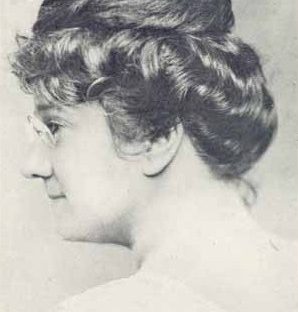 Spearman, Rawn Wardell. “The ‘Joy’ of Langston Hughes and Howard Swanson.” Black Perspective in Music 9, no. 2 (1981): 121–38.
Spearman, Rawn Wardell. “The ‘Joy’ of Langston Hughes and Howard Swanson.” Black Perspective in Music 9, no. 2 (1981): 121–38.
In excerpts from an interview conducted on July 22, 1972, Spearman and Swanson discuss Swanson’s lifestyle and musical values and his setting of Langston Hughes’s poem “Joy.” In a musical analysis of the song, Swanson discusses its blues and jazz influences: the handling of polyrhythms and the inspirations for some of the motives. The work of current African American composers draws less on the spirituals and oral tradition of African American music than did the work of earlier generations. (Journal’s abstract, revised)
